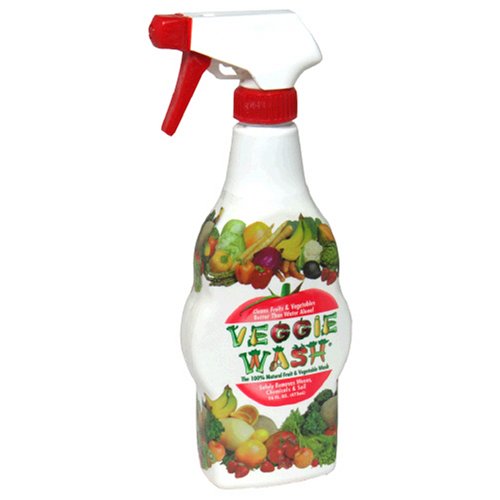You Asked, I Answered
Filed under: General Health, Nutrition
Q. Brian,
Due to things like “bioaccumulation” and “biomagnification” in the food chain, would you say that if having to prioritize, it is far more critical to worry about the source of animal products than whether or not produce is organic or conventional? Ideally we’d have the best on all fronts, but if I understand things correctly, even conventional produce wouldn’t yield nearly the potential toxic loads on the body that “poorly” sourced animal products can.
On a side note, is there any particular method for washing fruits and veggies that you do recommend and use yourself?
A. Yes if you have to prioritize, like even I do, I would most definitely say it is more critical to obtain grass-fed or pasture-raised animal products than organic produce. You can’t change the fatty acid composition of meat, nor can you remove residual amounts of antibiotics and growth hormones from it either. You can however wash fruit and vegetables to remove most if not all pesticide residues. So again, if you have to choose between pasture-raised animal products or organic produce, I go pasture-raised animal products every time, and maybe try to squeeze in organic produce on only the biggest offenders like peaches and apples.
I just recommend a simple fruit and vegetable wash, and follow the directions. I just use Citrus Magic Veggie Wash. I spray on a good amount, rub it in for 20 seconds, and thoroughly rinse off. It removes pesticide residues, fungicides, waxes, soil, etc.

Q. Brian,
Do you know of any study that directly links the accumulation of pesticides and herbicides in produce and the antibiotics in meat, dairy, with infant obesity? Possibly something we need more research on?
I do not know of any study that directly links it. It would most likely be deemed unethical to attempt to induce obesity in infants with chemical exposure. There is certainly growing evidence as I noted here, that these chemicals can contribute to obesity in infants. In mice and rats they most certainly contribute to obesity. This is definitely an area we need more research on, because if many of these “safe” pesticides/herbicides/fungicides/plastics/etc contain chemicals that actually disrupt the ability for the human body to regulate bodyweight, they could certainly be disrupting many other sensitive systems in the body as well.
We do not know nearly enough about many of our current food production practices, and in reality about food in general. More research is needed in nearly all aspects of food and nutrition, and hopefully it will keep coming.
Check out the BSP Training & Nutrition Newsletter!
You will get immediate access to:
- Weekly updates and exclusive content.
- The 20-page report "The Truth About Saturated Fat & Cholesterol."
- Become more awesome!
Posted on April 15th, 2010 by Brian St. Pierre
2 Comments




April 15th, 2010 at 3:09 pm
Brian –
I really like the you asked, I answered blog posts. especially in this case, I liked the bioaccumulation/biomagnification question alot, because that is actually a question that i contemplate all the time when im in the grocery store.
May 3rd, 2010 at 12:51 pm
[…] recommend that you purchase organic peaches, or at the very least wash them thoroughly with a veggie wash, as they top the list of the most contaminated produce, with over 92% of peaches containing […]